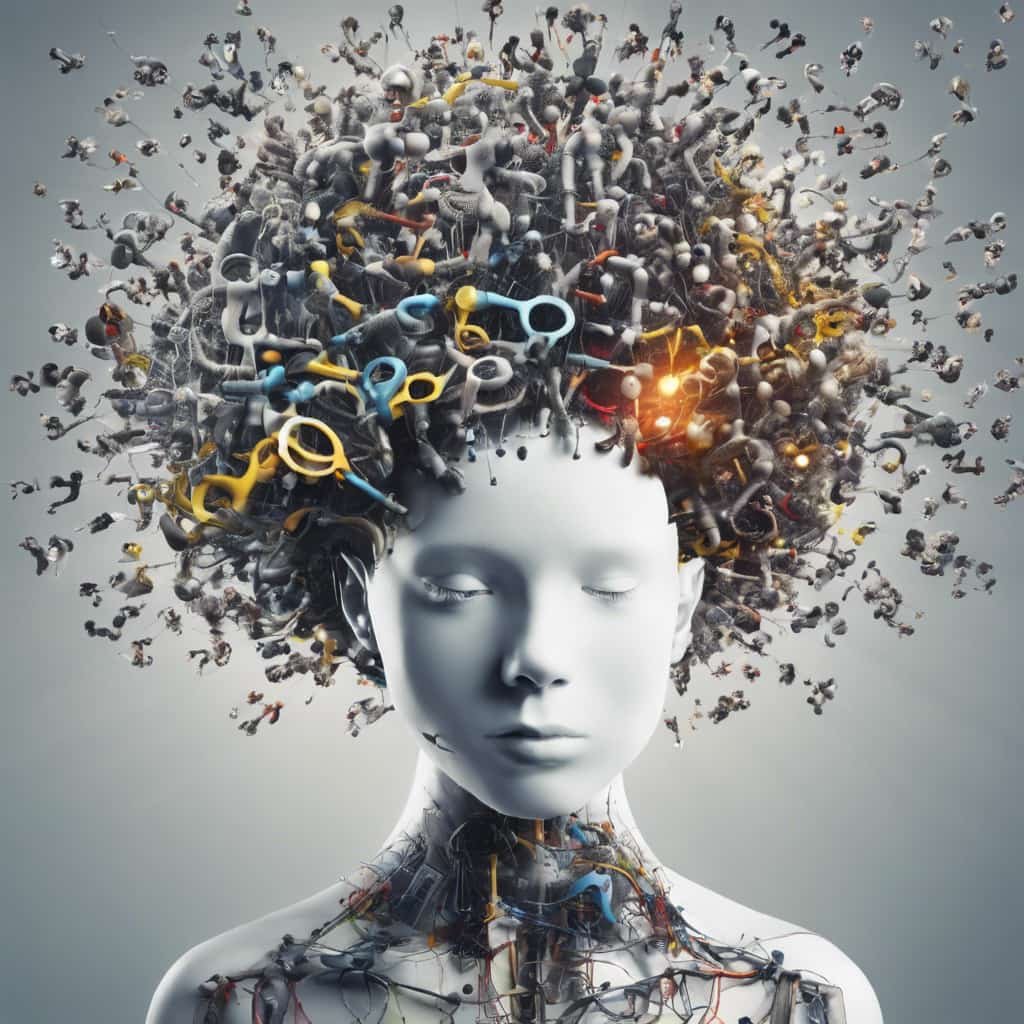Social cognition is a fascinating field that delves into the complexities of human interaction. It encompasses the processes through which individuals perceive, interpret, and navigate the social world around them. By understanding social cognition, we gain valuable insights into the intricacies of human behavior and the dynamics of interpersonal relationships.
At its core, cognition refers to the way people process, store, and apply information about other people and social situations. It involves a range of cognitive processes, including perception, memory, attention, and reasoning, all of which play crucial roles in shaping our interactions with others.
Theories of Social Cognition
A number of theories try to explain how people understand and make sense of social knowledge. The Theory of Mind (ToM) is a popular theory that says people can figure out what other people are thinking, feeling, and planning by knowing those things. This lets them predict and understand behaviour. The Social Learning Theory also says that people learn how to behave in social situations by watching others and copying what they do. The Attribution Theory, on the other hand, looks at how people give behaviours causes, whether those causes are internal or external.
Cognitive Processes in Social Interaction
Perception, memory, and attention are some of the most important brain processes in social behaviour. Memory and recall help people use what they’ve learned from the past to improve how they connect with others. Perception is the work of figuring out what social cues mean. That which people pay attention to and prioritise during social situations depends on their attention and focus.
Emotions in the Mind
Emotions affect how people think and feel, which in turn affects how they react to events. To get along with other people, you need to have emotional intelligence, which means being able to recognise and control your own feelings as well as those of others.
Things that affect cognition
Ideas and thoughts are formed by many things, such as culture, social norms, and personal events. Social norms and rules are always followed, even if people from different countries have different ideas about how to act in public. What people think, feel, and do is also affected by the things that have happened to them.
Development of Social
Social development continues throughout life. Children learn to grasp others’ feelings and viewpoints in childhood, preparing them for increasingly complicated social interactions. Peer impact shapes social and identity formation throughout adolescence. Adulthood social ties and experiences deepen social dynamics knowledge.
Applications of Cognition Research
Cognitive research has real-world effects on many areas, such as business, healthcare, and education. By learning how people receive social information, teachers can come up with better ways to teach, doctors can help patients communicate and understand better, and businesses can improve how they work with customers and their teams.
FAQs
- What is social cognition?
- Social refers to the processes through which individuals perceive, interpret, and navigate social information and interactions.
- Why is society important?
- Understanding society helps us comprehend human behavior, improve communication, and foster meaningful relationships.
Conclusion
In conclusion, exploring the depths of cognition offers valuable insights into human interaction. By understanding the cognitive processes, theories, and factors that influence social behavior, we can enhance communication, foster empathy, and address social issues more effectively. As we continue to unravel the complexities of social cognition, we pave the way for a deeper understanding of what it means to be human.



